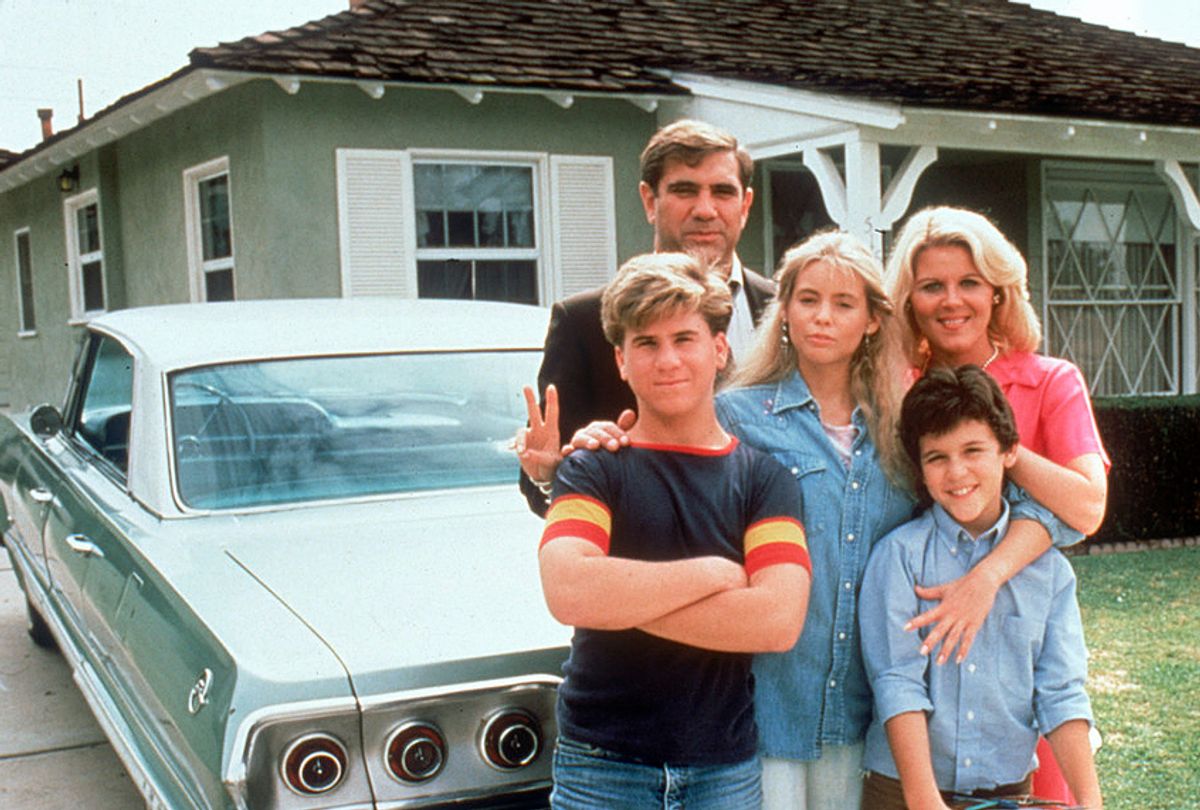“The Wonder Years” premiered at the tail end of the '80s, and the weekly ABC primetime series looked back at the '60s through the wistful narration of Kevin Arnold (Fred Savage). At first glance, the show appears to be steeped in nostalgia, but the first season actually tried to marry historical and public tragedy — the Vietnam War, the Kent State shootings — with personal and private wonder, like a first kiss and the sight of a parent’s humanity. It was not trying to glorify the past or stay stuck in a lost time; it was an attempt to understand what the hell happened in the chaos of the recent past.
"The Wonder Years" certainly was a time machine for adults emerging from the Reagan era, but for children, for a person coming of age in the '80s for whom the '60s were a distant rumor, the show was not a time machine but a window into the anxiety and angst of middle-school life in suburbia, complete with bullying, crushes and inedible cafeteria food. The adults watching “The Wonder Years” may have been trying to make sense of the Summer of Love, but for the children watching, we were trying to navigate first kisses and understand our mysterious parents, and the show worked brilliantly on these two levels.
“We were part of this generation where the world changed as we were growing up. It sort of went from 'Father Knows Best' to the Summer of Love while we were little kids,” said Carol Black, who co-created "The Wonder Years" with her husband Neal Marlens.
“Looking back on the period, for us, was not really the idea of nostalgia and glorifying the time,” she said. “What interested us about it was that kind of intersection between the everyday story of this seemingly very bland, prototypical family and the large cultural and historical events that were occurring in that time.”
“As you're living your life in the present day,” she continued, “your perspective tends to be focused on your own day-to-day. Then there is the big world happening out there in the news, on TV, and how it all fits together can be really difficult to see. I mean, the generation of today, that grew up with 9/11 and the changes that occurred after that, is going to have a similar kind of need to look back and try to figure out how all that worked and where their story and their life fits into this larger story.”
It's no surprise that Black and Marlens revisited the '60s, because they felt a loss in the '80s.
“The '80s was the period of the Reagan revolution and a kind of return to materialism,” Black said. “And there was a little sense of loss and dissolution. People were cutting their hair and going to business school; people were kind of selling out. So in a way, I think that probably created kind of an openness to the show because people were ready to think back to that period.”
How will the 9/11 generation look back on their own childhoods, and how will people outside of the cultural and historical events of that time relate to their story? If you grew up in the suburbs during the '60s, the memory lane you walk down while watching "The Wonder Years" will be familiar, but if you didn't grow up in the suburbs, then the middle-class lifestyle, the white male protagonist, and the apple pie and grilled hot dogs may seem as foreign to you as they did for writer Titi Nguyen. They were as unknown to her as the country she'd come from: Vietnam. But stories have a way of drawing us in, of merging with the particulars of our personal lives, and to hear how Titi found herself in the story of a young, white boy from the middle-class suburbs, listen to Episode 6 of Memory Motel, “The Wonder Years.”

Shares